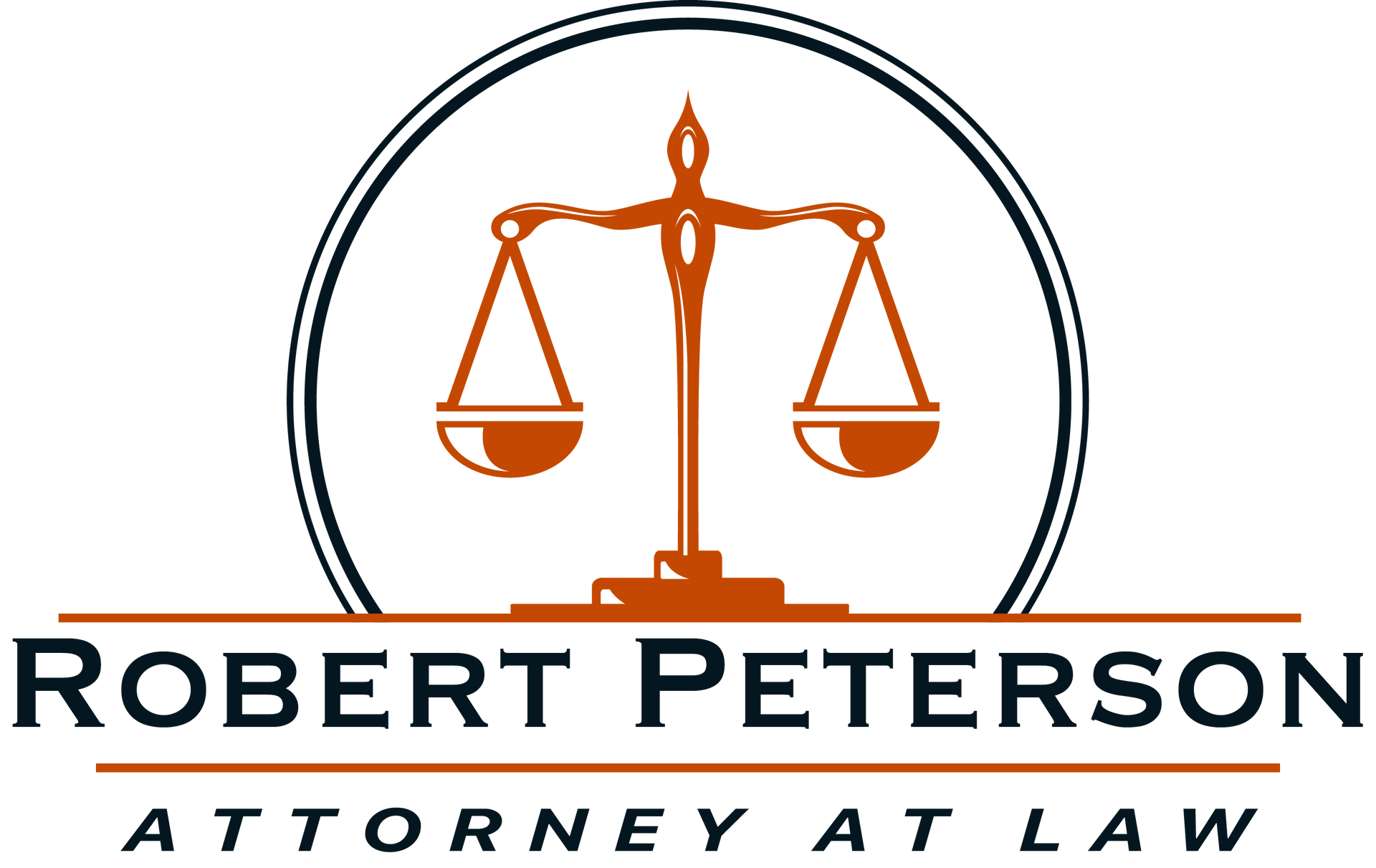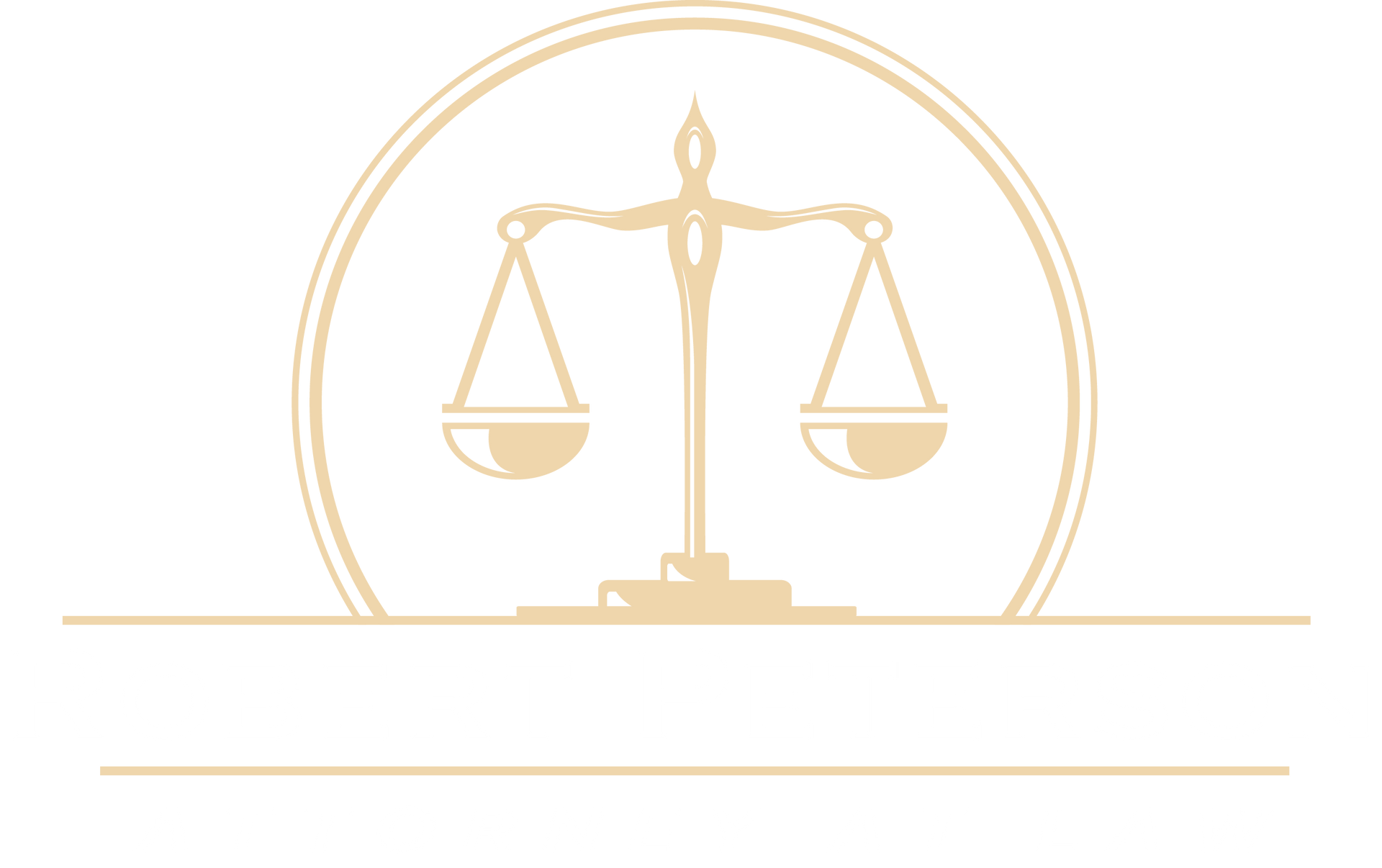
Estate Planning for Digital Assets: Managing Your Online Accounts and Legacy
Introduction
The Rise of Digital Assets
In today's digital age, our lives have become increasingly intertwined with the online world. From social media profiles to online banking, digital assets have become a significant part of our everyday existence. These assets can hold both monetary and sentimental value, making it essential to consider them in our estate planning.
Why Digital Estate Planning Matters
Digital estate planning ensures that your online accounts and digital assets are managed and transferred according to your wishes after you pass away. Without proper planning, your loved ones may face difficulties accessing or managing these assets, leading to potential legal and emotional complications.
1. Understanding Digital Assets
Types of Digital Assets
a. Personal Accounts
Personal accounts include social media profiles, emails, and personal blogs. These platforms often contain photos, videos, and personal communications that hold sentimental value.
b. Financial and Business Accounts
Financial and business accounts encompass online banking, investment portfolios, and other business-related digital assets. These accounts can have significant monetary value and may require careful management.
Value of Digital Assets
a. Monetary Value
Digital assets like cryptocurrencies, online businesses, and revenue-generating websites can have substantial monetary value. Proper management of these assets ensures they are transferred to your beneficiaries without legal complications.
b. Sentimental Value
Photos, videos, and personal communications stored on digital platforms hold immense sentimental value. Planning for these assets ensures that your loved ones can access and preserve these memories.
2. Managing Digital Accounts
a. Inventory of Digital Assets
Creating a Digital Asset Inventory
Start by listing all your digital assets, including usernames, passwords, and security questions. This inventory should encompass personal accounts, financial accounts, and any other digital assets you own.
b. Regular Updates
Regularly updating your digital asset inventory is crucial. As you create new accounts or change passwords, make sure your inventory reflects these changes to ensure it remains accurate and up-to-date.
c. Access and Security
Password Management
Using a password manager can help you securely store and manage your passwords. These tools ensure that your digital accounts are protected and accessible to your designated heirs.
Two-Factor Authentication
Implementing two-factor authentication (2FA) adds an extra layer of security to your sensitive accounts. This measure ensures that your accounts remain protected even if someone gains access to your passwords.
3. Online Accounts After Death
a. Policies of Major Platforms
Social Media Platforms
Each social media platform has its own policies regarding deceased users. For instance:
**Facebook**: Allows for memorialization of accounts or removal by a legacy contact.
**Instagram**: Similar to Facebook, you can memorialize or remove the account.
**Twitter**: Requires a formal request for deactivation.
Email Providers
Email providers like Google and Yahoo have specific procedures for handling accounts after death. Typically, these procedures involve submitting a request along with legal documentation.
b. Appointing a Digital Executor
Role and Responsibilities
A digital executor is responsible for managing and transferring your digital assets according to your wishes. This role may involve closing accounts, transferring assets, and ensuring that your digital legacy is preserved.
Legal Considerations
Ensure that your digital executor has the legal authority to access and manage your digital assets. This may involve including specific provisions in your will or trust.
4. Digital Estate Planning
a. Creating a Digital Estate Plan
Legal Documentation
Incorporate your digital assets into your will or trust. Clearly outline how you want your digital assets to be managed and transferred to your beneficiaries.
Instructions for Heirs
Provide clear instructions on how your heirs can access and manage your digital assets. This may include sharing your digital asset inventory and any necessary passwords or security information.
b. Choosing the Right Tools
Digital Legacy Services
Several tools and services can assist in digital estate planning. These services help you organize, manage, and transfer your digital assets according to your wishes.
Professional Assistance
Consider seeking help from estate planning professionals. They can provide valuable guidance on incorporating digital assets into your estate plan and ensuring legal compliance.
5. Social Media Legacy
a. Managing Social Media Accounts
Legacy Contacts
Designate trusted contacts for your social media platforms. These individuals will have the authority to manage or memorialize your accounts after your death.
Memorializing Accounts
Each social media platform has its own process for memorializing accounts. Follow the specific steps to ensure your accounts are appropriately managed and preserved.
b. Social Media Afterlife
Content Preservation
Ensure that important content on your social media accounts is preserved. This may involve downloading photos, videos, and other personal content to share with your loved ones.
Privacy Considerations
Manage your privacy settings to control who can access your data posthumously. This ensures that your digital presence is handled according to your wishes.
6. Digital Inheritance and Legacy Planning
a. Transferring Digital Assets
Legal Framework
Understand the state and federal laws governing the transfer of digital assets. This knowledge ensures that your digital inheritance is legally compliant and transferred smoothly.
Beneficiary Designations
Name beneficiaries for your digital assets. Clearly outline who will inherit each asset and provide the necessary information for accessing these accounts.
b. Ethical Considerations
Respecting Wishes
Ensure that your digital legacy aligns with your personal wishes. Clearly communicate your desires to your heirs and make sure they understand your intentions.
Communication with Heirs
Discuss your digital estate plans with your family and heirs. This open communication ensures that everyone is aware of your wishes and can manage your digital assets accordingly.
Conclusion
a. Recap of Key Points
Estate planning for digital assets is essential in today's digital age. By understanding the types and value of your digital assets, managing your accounts, and creating a comprehensive digital estate plan, you can ensure that your online legacy is preserved and transferred according to your wishes.
b. Call to Action
Start your digital estate planning process today. Create a digital asset inventory, appoint a digital executor, and incorporate your digital assets into your will or trust. Seek professional advice if needed to ensure your digital legacy is managed and preserved for your loved ones.
For assistance with your digital estate planning, contact Robert Peterson, Attorney at Law, P.C.



